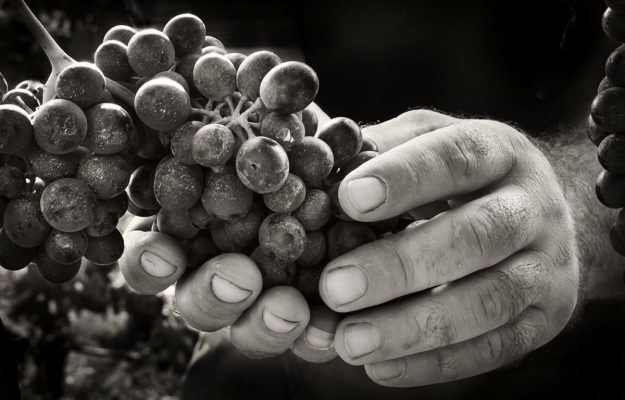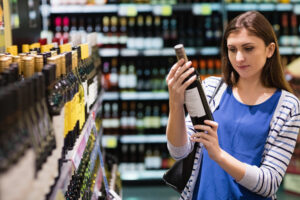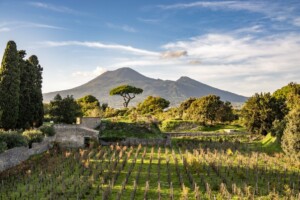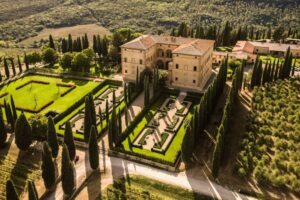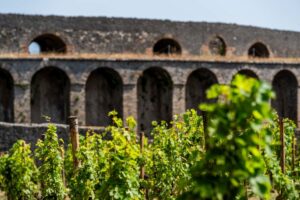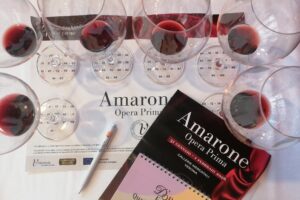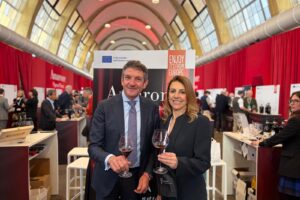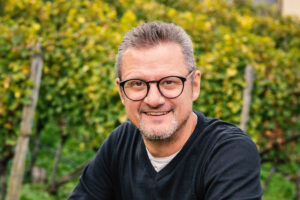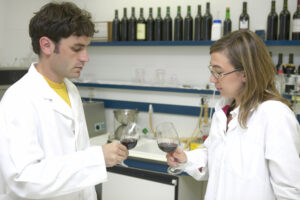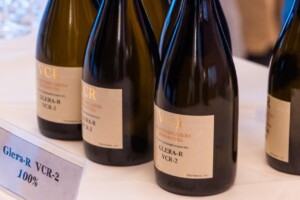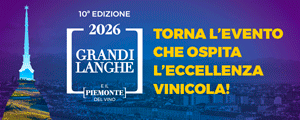Bureaucracy, communication, packaging, territories, synthetic herbicides, labels, new generations, biodiversity, sustainability, education and research are the watchwords the “Slow Wine Coalition” put on the table at the “Slow Wine Fair” held at BolognaFiere from February 26 to 28th. The international network, Slow Wine (coordinated by Giancarlo Gariglio) united the wine world’s main players — winemakers, wine lovers, professionals on the supply chain — from 37 countries around the world at the event. It was an excellent way, three years after launching the “Manifesto” for good, clean and fair wine, to understand what point the work of connecting and building an international community, whose goal is to change the agricultural system, combining environmental sustainability, protecting the landscape as well as the cultural and social growth of the inhabitants of the lands dedicated to the cultivation of the vine, had reached.
The workshop, “Slow Wine Coalition: Let’s get active for good, clean and fair wine”, brought out many ideas and requests from the continuous talks among the various participants of the “coalition”. First and foremost, it is necessary — widely shared by the entire wine world — to reduce bureaucracy in production and commercial processes, very often, in Italy as well as many other Countries around the world, a real burden for small winemakers to grow, in terms of laws and tax burden. Another urgent aspect is giving concrete answers to climate change. First of all, through intervening on packaging, and therefore choosing lighter bottles, which can then reduce the carbon footprint caused by transporting wine. Second, choosing agronomic practices in the vineyard that preserve water resources and finally, studying new clones of existing varieties that respond best to climate change.
The indigenous varieties alone represented another key point for the winemakers at the “Slow Wine Coalition”, because the wine territories’ identities are linked to them. So, to protect them from the drift of the globalization of international vines that has been going on for decades, studying their history and DNA becomes another fundamental aspect. In the background, of course, there is always sustainability, which must be practiced not only in the vineyard and in the winery, using consistent production choices, but also on another level, concerning the entire wine business going in the direction of fair trade. This means, above all, equal and fair wages for men and women working in the industry and supply chain.
Communication is another topic of extraordinary importance, and perhaps not really debated enough. Wine needs a comprehensible and shared vocabulary; otherwise, the consumer may not be able to understand it. Plus, we need a narrative that gets rid of rhetoric, and puts the stories of companies and winemakers back in the center, also in the tasting notes. Since singularity and uniqueness are a strong point, it is up to communicators to grasp their potential, and offer a different narrative perspective that captures the attention of the new generations. In this context, the values and knowledge the network and the territories share must be brought to the center of the "Slow Wine Coalition” communication, focusing heavily on social networks and television, where wine, unlike food and cooking, has always had some difficulty.
Labels are also a current and central topic, since they are the primary source of information about wine, starting from the variety, which should always be indicated, to production methods, relying on technologies such as the QR Code. An organic certification, acknowledged by the entire supply chain, along the lines of what the Northern European wine Monopolies are doing, is therefore, more than ever urgent. Further, wine education — putting young consumers once again as the center of interest — adopting the idea, which is certainly not new, of introducing courses and tastings on wine and food during the last two years of high school. This would encourage young people to be interested in the subject and, in general, in the world of agriculture. Obviously, it is necessary to make good wines, from all points of view, and be aware that wine production consumes soil and resources; therefore, doing it in the best possible way becomes a fundamental necessity, as well as eliminating the use of synthetic herbicides in the logic of conservation and ecological promotion.
Copyright © 2000/2026
Contatti: info@winenews.it
Seguici anche su Twitter: @WineNewsIt
Seguici anche su Facebook: @winenewsit
Questo articolo è tratto dall'archivio di WineNews - Tutti i diritti riservati - Copyright © 2000/2026










